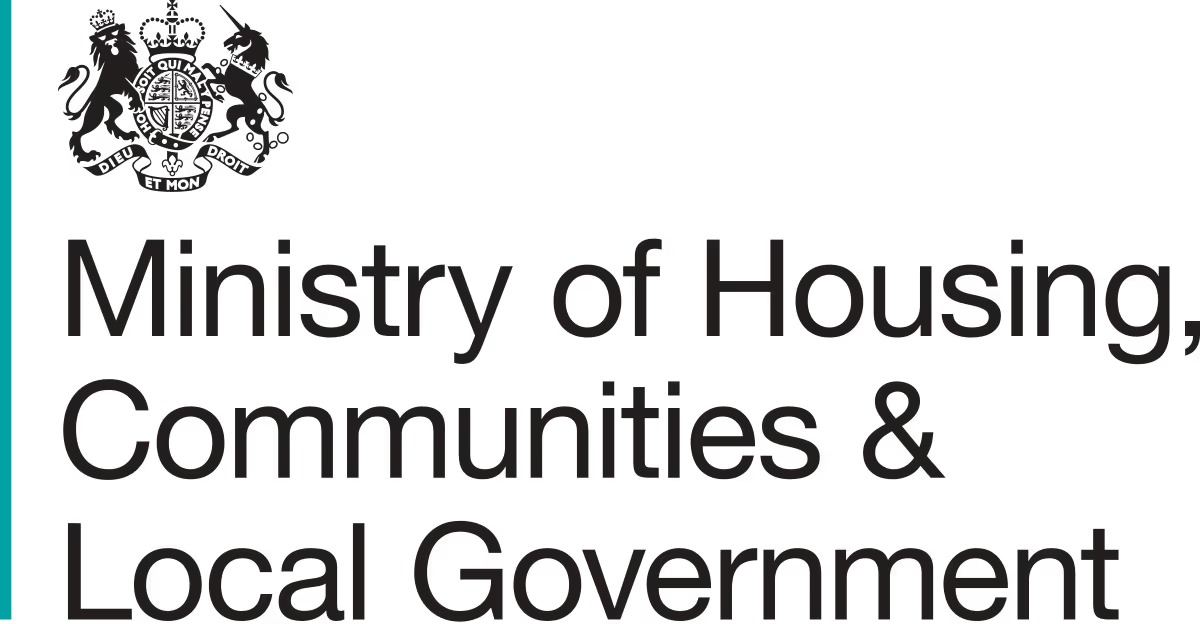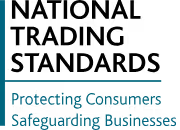Tuesday, May 20, 2025
Handling complaints is what Property Redress is here to do and what we do well. Find out more about our work in our latest annual report, which covers the activities of our members.
To make sure we have a consistent approach, our decision-makers always use the Competition and Markets Authority (CMA) guidance, the Consumers Rights Act 2015, the Consumer Protection from Unfair Trading Regulations 2008 and of course, material information guidance when looking at unfairness and resolving complaints, together with other codes and laws relevant to the individual case.
It is refreshing that the Digital Marketing Consumers and Competition Act 2024 (The Act) brings a lot of what we refer to together – a one-stop-shop - that defines what unfair trading practice looks like, what protection consumers have from these unfair practices and the increased penalties and enforcement powers now in place. This part came into effect on 6 April 2025.
The Act replaces and updates the Consumer Protection from Unfair Trading Regulations 2008. The new law confirms that agents are required to behave fairly in all dealings with consumers. If they mislead, behave aggressively or act unfairly to consumers, Trading Standards or the CMA can take enforcement action.
Consumers can now refer to a single law and understand what to expect when dealing with a trader. The Act explains that to deal with consumers fairly, traders must give them all the information they need to make a fully informed decision. There are severe penalties for traders who fall short of this requirement.
To summarise the Act:
Apart from the outright banned practices, there are some which may be unfair, if they influenced consumers to make a different decision. These are:
Misleading practices – two main types:
Case study:
The member’s sale advertisement included photos and details of a shared driveway. The buyer’s solicitor found, from the property searches, that the driveway belonged to only one house – the one adjacent to the sale property. While the agent’s response to the complaint was reliant on the information provided by the seller, they were found responsible for falling short of carrying out their due diligence and an award was made to the complainant.
Case study:
The tenant was given an option to rent a property which he viewed with the agent, who mentioned nothing about the balcony. The tenancy went ahead, and the complainant later found out that the balcony was not part of the property, as it was not part of the insured property. The member told him that if he wanted to use the balcony, he would have to consider getting insurance. This was material information for any prospective tenant and compensation was awarded as the member should have known this information.
We can also investigate how information is presented online, on agent’s websites, and decide if the required information is prominent enough. This often involves the way agents publish their fees, or do not!
Harassment, coercion or undue influence are techniques that intimidate, exploit or pressure consumers. Each may involve or threaten physical or non-physical (including psychological) pressure. They reduce a consumer’s ability to make an informed decision. One recent example is a case where the buyer felt pressured by the agent to buy a house without a survey, as they had another offer from a ‘cash buyer who was not carrying out a survey’. This pressure cost the buyer additional time and money before pulling out of the sale and they were awarded compensation for distress and inconvenience
Contributing factors may include when and where the behaviour takes place, and the consumer’s specific situation at the time, such as their age or health.
Agents have always been expected to act with reasonable care and skill. Now, it’s more serious if agents fall short of acting with professional diligence. Enforcement penalties can apply If their actions are considered likely to cause the average consumer to make a different decision.
This includes things like:
The CMA now have direct enforcement powers and can impose penalties whereas The Chartered Trading Standards (CTSI) and training standards, across the country, have indirect powers and need to use the court process.
Fines will depend on the breach but can be as high as 10% of the worldwide turnover plus compensation to the affected consumer.
The part we play is to advise trading standards of trends we see and agents that are falling short and unwilling to bend.
For more information, see the CMA’s guidance on what businesses need to know about unfair commercial practices.








